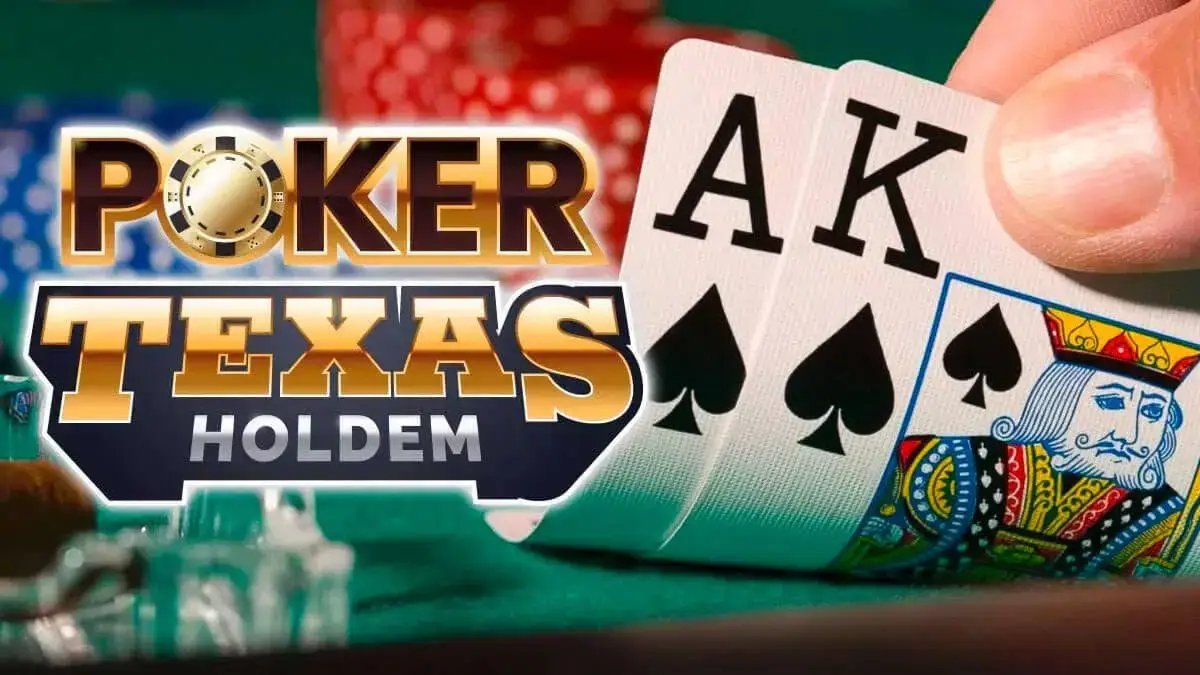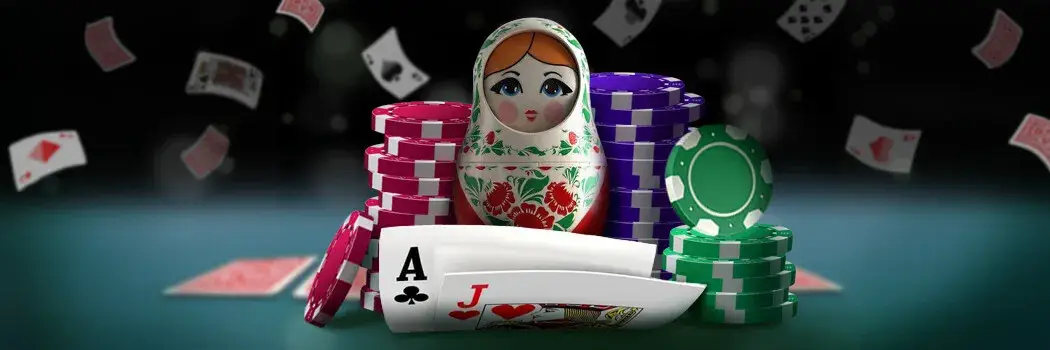The tax on winnings in Russian casinos is classified as a mandatory payment, established in the Tax Code. A player who receives income from gambling, including poker, is obligated regardless of the format of receiving the winnings — at the offline casino cashier, through a bank transfer from an online platform, or via an electronic wallet. Poker session prizes are subject to taxation at a rate of 13% for residents and 30% for non-residents. The regulator, represented by the Federal Tax Service (FNS), classifies winnings as an individual’s income and tracks such receipts using automated systems and bank reports.
Online platforms and cross-border payments: tax on casino winnings in Russia
Players using international online casinos to participate in poker tournaments or cash games face the absence of tax withholding at the source. The platform transfers the full amount of winnings without withholding tax, which means the need for self-declaration and payment to the FNS. Such cases are closely monitored during transaction analysis, especially if prizes are received through a bank transfer. The tax on casino winnings in Russia covers online income as well, including poker on foreign platforms like PokerStars, GG Poker, PartyPoker, and 888poker.

One-time payout, tournament series, and regularity
A single large jackpot requires declaration, but with regular play, systematic receipts are considered entrepreneurial activity. In such a situation, the FNS may require registration as a self-employed individual or individual entrepreneur. A player earning a living through poker must comply with financial reporting rules and keep track of profits. The tax on casino winnings in Russia applies to all forms of game income, regardless of their frequency or format.
Tax calculation, tax base, and examples
Financial tax calculation starts with determining the net winnings amount. If a player paid a buy-in of 10,000 ₽ and received 100,000 ₽, the taxable amount is the difference: 90,000 ₽. The FNS does not allow deductions for transportation expenses, tournament accommodation rentals, or platform commissions. However, documents confirming the buy-in play a key role. Without official confirmation, the tax authority considers the entire income as revenue.
For a Russian resident, the rate is 13%. With a 500,000 ₽ win, the tax will be 65,000 ₽. For non-resident income, the rate increases to 30%, resulting in a tax obligation of 150,000 ₽ from the same prize. Players should consider the difference in frequent stays abroad or non-resident tax status in advance. The tax on casino winnings in Russia takes into account citizenship but determines the rate based on actual presence in the country — 183 days or more in a year secure such status.
Declaration, deadlines, and submission procedure
The law requires declaration submission by April 30 of the following year. The tax must be paid by July 15. Submission can be done in paper form, through the “Gosuslugi” portal, or the taxpayer’s personal account on the FNS website. The declaration is prepared in the form of 3-NDFL, indicating all sources of income.
It is critical to meet deadlines: even without a platform certificate of winnings, the taxpayer must independently complete and submit the documentation. Delay may result in penalties — 1/300 of the refinancing rate for each day, and in case of violations, a fine of up to 20% of the amount. The FNS may use bank data, international agreements on automatic exchange, and internal analytical algorithms to track discrepancies.
How to avoid claims and errors: step-by-step control
The tax on casino winnings in Russia requires impeccable documentation and compliance with procedures, especially for poker players. Players should structure their financial flow in advance, open a separate account, record buy-ins, and keep platform confirmations. Clear control helps avoid disputes with the FNS and sanctions. What to do:
- Keep receipts and electronic confirmations for buy-ins, tournament participation, entry fees.
- Maintain an electronic spreadsheet with dates, winnings amounts, sources.
- Record currency exchange rates if the platform uses dollars or euros.
- Keep bank statements for the gaming account.
- Check residency status annually and consider it when calculating tax.
- Verify if tax is withheld at the source with the platforms.
- Avoid using anonymous wallets for receiving large sums.
- Avoid splitting winnings into different accounts — FNS algorithms detect such actions.
- Submit a declaration for all sources of winnings.
- Use official communication channels when interacting with the tax authority.
Offline casinos and gambling zone regions
Casinos in legal gambling zones in Russia, such as Sochi, Primorye, Kaliningrad Oblast, Altai Krai, automatically withhold tax at the source. Legally operating poker clubs process all payments through the cashier and report the information to the FNS. In this case, the player is exempt from self-declaration.
A participant receiving cash winnings must verify the tax payment. A receipt from the cashier, a certificate in the form of 2-NDFL, or a check with a fiscal number serves as proof. The tax on casino winnings in Russia regulates such operations with particular strictness: offline venues are inspected more frequently and are required to maintain cash discipline.
Online payments, transfers, and bank control
Withdrawing winnings from a platform is one of the main triggers for the tax authority. The FNS monitors large credits through banking channels. Banks automatically transmit information for frequent deposits exceeding 600,000 ₽. Opening a separate gaming account allows for distinguishing personal and gaming transactions.
When transferring from the platform, it is necessary to consider currency risks, Central Bank rates, and the conversion date. The tax on casino winnings in Russia requires linking to the date of funds receipt and recalculating in rubles on the day of receipt. Errors in calculation or indicating a reduced amount may result in fines. Financial monitoring controls the regularity of operations. Even if a player only participates in poker tournaments, the frequency and amount of receipts can attract the FNS’s attention. It is important to maintain clean documentation and record data in advance.
Tax on casino winnings in Russia: foreign tournaments, citizenship, and non-resident status
Poker tournaments abroad, especially with large prize pools, are of heightened interest to tax authorities. If a Russian citizen wins a jackpot outside the country, the tax on casino winnings in Russia continues to apply with resident status. Even if taxed abroad, the FNS may additionally charge tax if the foreign rate is lower than the Russian rate.

If a player ceases to be a resident, the rate automatically increases to 30%. In this case, taxation becomes stricter, and declaration rules are more stringent. Participants should obtain tax certificates paid in the tournament host country in advance and consider bilateral agreements between countries. This helps avoid double taxation.
Conclusion
The tax on casino winnings in Russia forms a comprehensive control system, especially for poker players. Regardless of the format — online, offline, domestic, or foreign, each payout falls under the requirement for tracking and declaration. A participant who plays fairly, considering all FNS requirements, reduces risks, preserves capital, and operates within the legal framework.
 en
en  de
de  ar
ar  es
es  hi
hi  fr
fr  nl
nl  it
it  pt
pt  el
el 









